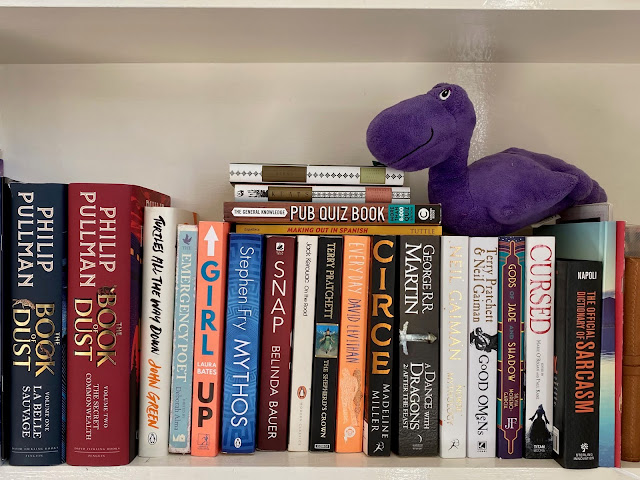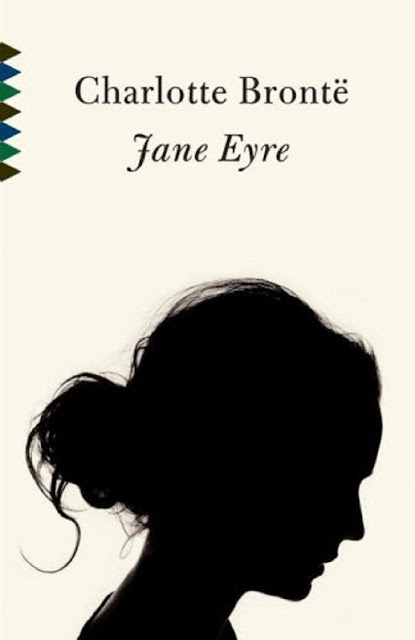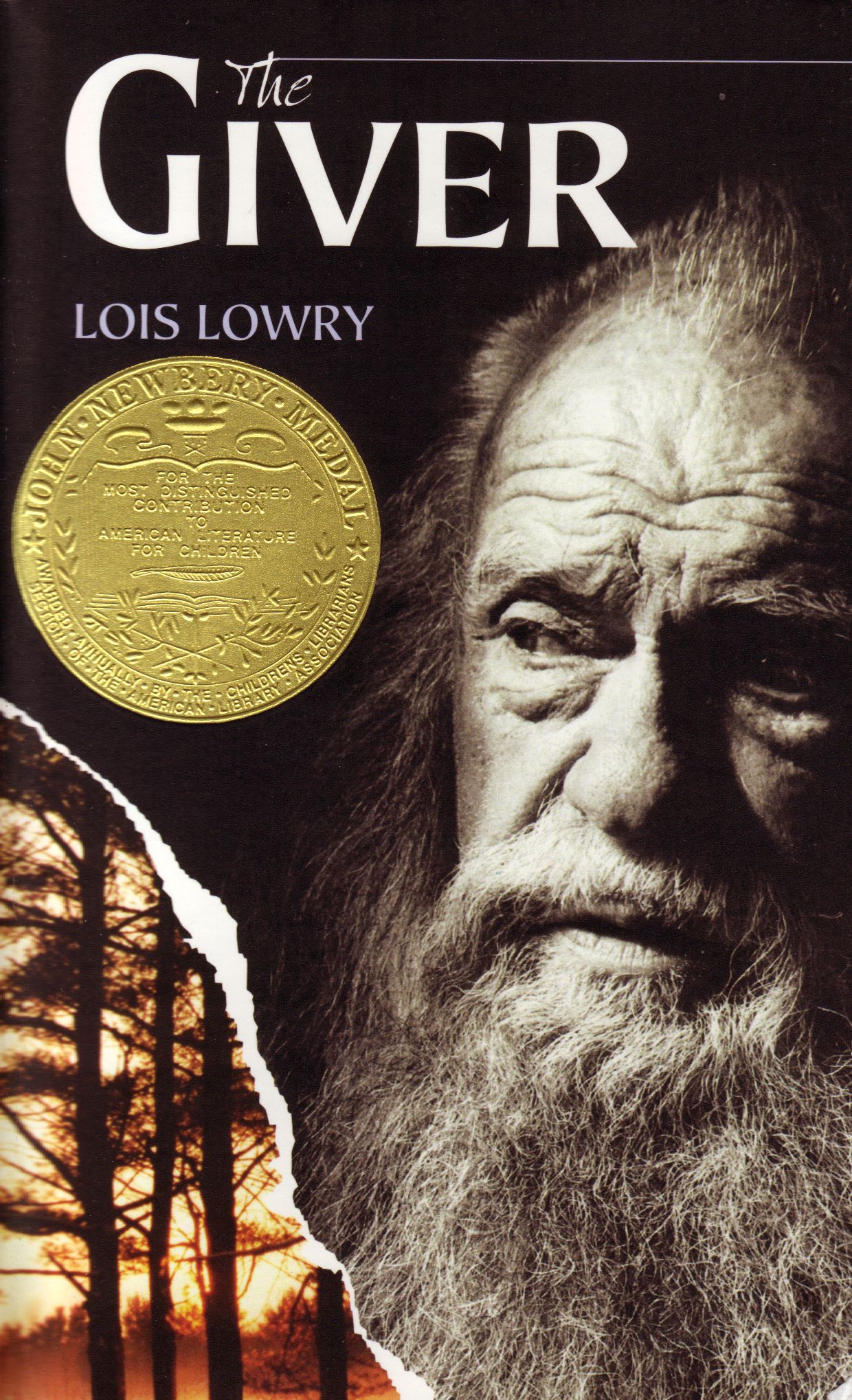Review – The Giver (Lois Lowry)
23 July 2014




The Giver
may well be my favourite dystopian novel that I’ve read. It’s a genre that, in my opinion, can be fascinating at times, but can also be a bit formulaic and predictable. I enjoyed The Giver because the way in which society is controlled is so carefully orchestrated that they don’t realise what is happening. In many other dystopian novels, the ruler’s actions are obvious and the people are unhappy, but too afraid to act. In The Giver, they believe they are happy (and living in a utopia) and therefore have no reason to rebel.
may well be my favourite dystopian novel that I’ve read. It’s a genre that, in my opinion, can be fascinating at times, but can also be a bit formulaic and predictable. I enjoyed The Giver because the way in which society is controlled is so carefully orchestrated that they don’t realise what is happening. In many other dystopian novels, the ruler’s actions are obvious and the people are unhappy, but too afraid to act. In The Giver, they believe they are happy (and living in a utopia) and therefore have no reason to rebel.
 |
| (Source) |
I found it fascinating to explore these ideas of control –
in some ways they are better, as people are happy, but they are also worse, as
the control exerted on them extends all the way into their psyche and emotions.
Having everything decided for you, from your job to your spouse, creates a
harmonious, functioning society, but also removes all freedom of choice from
people. To most readers, living in the world we have, this level of control is
appalling and unjust, but to the characters it is the only world they have ever
known. They lead lives sheltered from both the world’s most amazing and most
terrible things, which forces the reader to question if having the good
counterbalances having the bad as well.
in some ways they are better, as people are happy, but they are also worse, as
the control exerted on them extends all the way into their psyche and emotions.
Having everything decided for you, from your job to your spouse, creates a
harmonious, functioning society, but also removes all freedom of choice from
people. To most readers, living in the world we have, this level of control is
appalling and unjust, but to the characters it is the only world they have ever
known. They lead lives sheltered from both the world’s most amazing and most
terrible things, which forces the reader to question if having the good
counterbalances having the bad as well.
Jonas and the Giver are the only ones who know differently.
Watching Jonas slowly learn about how the world was through the memories given
to him is both wonderful and very sad. He is exposed to the awful things that
happened in the past, but must also come to terms with the beautiful parts of
the world that have been taken away from them. Placing this burden on a child only
highlights it more, as his innocence and naivety is stripped away. However, his
reaction to his new knowledge is what is vital here – while the Giver has had
this information for a long time, and has done nothing with it, he encourages Jonas
to act and be the one to spark change in their society. This part is
interesting, as it makes the reader question whether or not we would do the
same – we all recognise the unfairness of the control exercised on them, but
being the one to stand up and do something about it is taking a big risk.
Watching Jonas slowly learn about how the world was through the memories given
to him is both wonderful and very sad. He is exposed to the awful things that
happened in the past, but must also come to terms with the beautiful parts of
the world that have been taken away from them. Placing this burden on a child only
highlights it more, as his innocence and naivety is stripped away. However, his
reaction to his new knowledge is what is vital here – while the Giver has had
this information for a long time, and has done nothing with it, he encourages Jonas
to act and be the one to spark change in their society. This part is
interesting, as it makes the reader question whether or not we would do the
same – we all recognise the unfairness of the control exercised on them, but
being the one to stand up and do something about it is taking a big risk.
I was a little unsure about the book’s ending, as it seemed
a little anti-climactic. I expected something more dramatic, which would affect
the entire community, but perhaps I expect that as a result of reading other
dystopian novels. In many ways, the ending of The Giver is more realistic, as
such dramatic changes are not straight-forward tasks by any means.
a little anti-climactic. I expected something more dramatic, which would affect
the entire community, but perhaps I expect that as a result of reading other
dystopian novels. In many ways, the ending of The Giver is more realistic, as
such dramatic changes are not straight-forward tasks by any means.
Overall, I enjoyed the book, primarily because it made me
think. It has the reader asking questions about how society functions, our
priorities in life, the ideas surrounding freedom and control and whether or
not we would act as Jonas does. Jonas is also a strong and likeable
protagonist, and I always enjoy a book more when I actually like the main
character. It’s definitely a book that I will read again, and I’m intrigued to
see how the upcoming film adaptation turns out.
think. It has the reader asking questions about how society functions, our
priorities in life, the ideas surrounding freedom and control and whether or
not we would act as Jonas does. Jonas is also a strong and likeable
protagonist, and I always enjoy a book more when I actually like the main
character. It’s definitely a book that I will read again, and I’m intrigued to
see how the upcoming film adaptation turns out.
Previous
Outfit of the Day - Festival Fashion
Newer
Tell Me A Story
You May Also Like

Top Ten Badass Female Fictional Characters
30 April 2017
What I’ve Read During Lockdown
13 August 2020